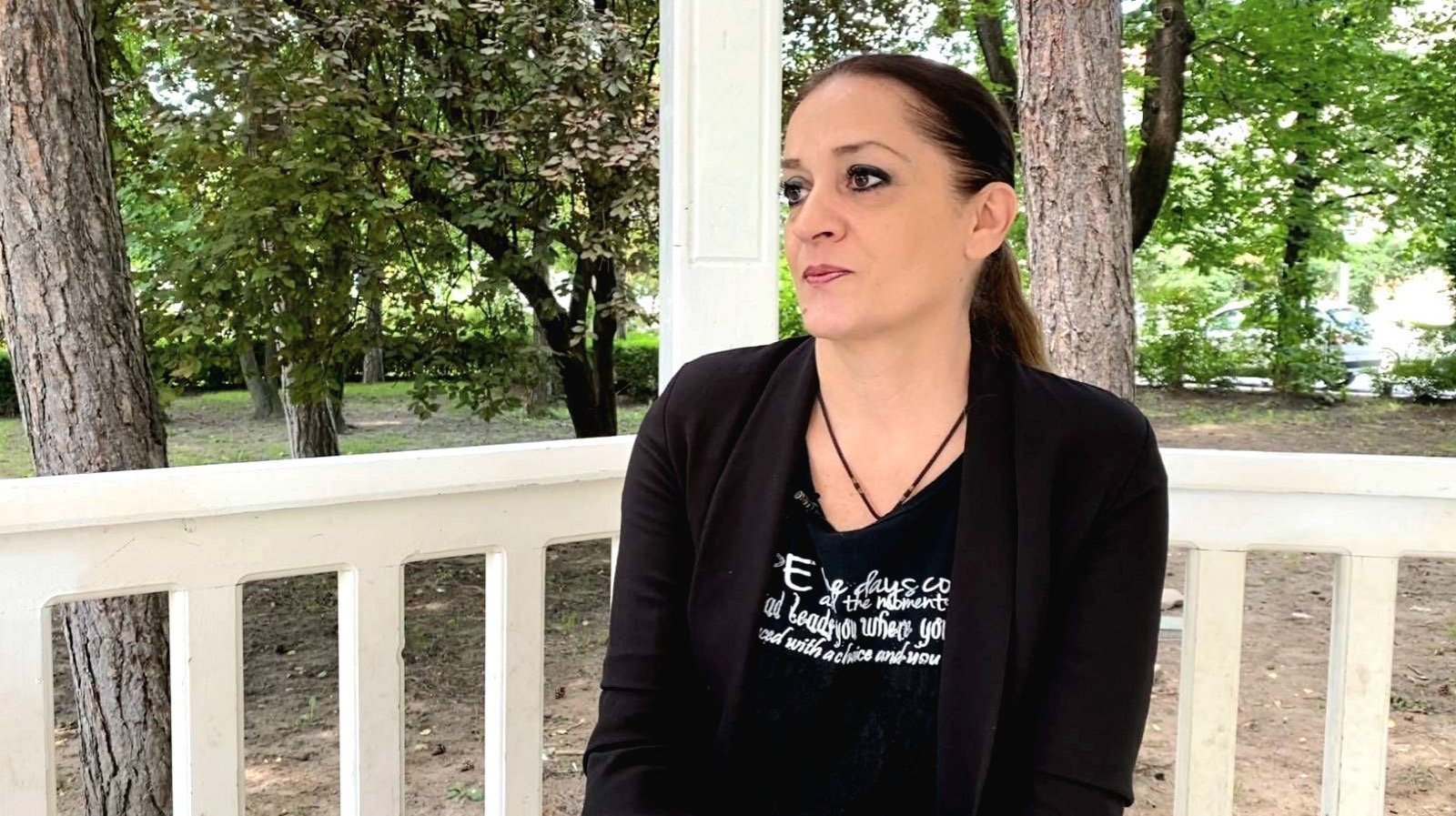Written by Aleksandra Bosnić Đurić
If Serbia doesn’t soon break free from the current autocratic grip that is crushing all hopes for democratic freedoms, it will become a stolen state. Before long, it might not even matter what we call this form of rule, because we won’t be living through a theory; we’ll be experiencing an escalation of authoritarian, dictatorial, and tyrannical practices. The current autocratic regime has seized control of the state, its institutions, laws, and the very idea of justice, and it’s clear they have no intention of stopping. Unless there’s a swift turnaround toward freedom, democracy, and proper governance, the only law that will function like clockwork is the law of revenge.
This situation in Serbia won’t bring any benefits to neighboring countries either. On the contrary, authorities in Montenegro, who tend to imitate Serbia’s “iron fist”, will increasingly apply this style of rule to their citizens. In Republika Srpska, the radical spirit will continue unchecked, fueling nationalist tensions, as it underpins their profitable pseudo-patriotic regime. Serbia’s experience after thirteen years of autocratic rule stands as a warning to all countries in the region.
Today, Serbia is a country with destroyed media, universities, and cultural institutions, all hijacked by party interests and humiliated, alongside rampant corruption and violence that go unpunished. The principle of accountability, painfully clear these days, applies only to “others”: the rebellious, the dissenters, the “Ustaše”, “traitors”, “blockaders”, “terrorists”, “Nazi hordes”...
Most often, however, the government targets education and culture as its main targets. The major crackdown on education and culture, which the autocratic regime began at the end of 2024, came as no surprise; it was a clear preview of their future policies. Not long after, in early 2025, despite protests from students, professors, and citizens, the government responded with even harsher measures, reminiscent of the destructive 1990s. Back then, in 1998, the so-called Šešelj Law on Higher Education was passed, stripping universities of their autonomy and leading to the dismissal of dozens of “disobedient” professors.
True to the old radical spirit, after the new government took office on April 16, 2025, Minister Dejan Vuk Stanković announced changes to the Law on Textbooks and their “nationalization.” Experts saw this as another move toward a state monopoly on education, which, under the guise of preserving national identity, is designed to secure dogmatic support for the ruling party. This new phase of state retaliation against education began in March 2025, when a government decree issued during a caretaker mandate introduced different standards for evaluating teaching and scientific work, clearly a form of repression against supportive students.
Following this unconstitutional decree, which left professors and faculty staff with meager salaries (between 100 and 200 euros) for over three months, and after deans and rectors were summoned for interrogations, the government formed a Working Group to analyze the current state of funding and performance in higher education. Their task is to pave the way for a new Law on Higher Education.
The new law proposes a series of measures that would drastically reduce the managerial and financial autonomy of universities and colleges. It would also allow foreign institutions, without proper accreditation in Serbia but funded by the Serbian state budget, to reshape the higher education landscape. Paradoxically, and sadly, not uncommon in Serbia today, this aggressive state intervention in education is aimed at privatizing the sector to tighten the authoritarian regime’s control. In this context, the student and civic struggle during the first five months of 2025 became a fight for the public good and social interest, including defending the autonomy of public universities, one of Europe’s most significant achievements.
When it comes to culture, the clearest example of retaliation happened just recently. Sterijino pozorje (a major theater festival), the Academy of Arts, Exit Festival, and the Shakespeare Festival, all of which supported the student blockades, were stripped of funding in the provincial culture grant. Commenting on this cut, Milena Dragičević Šešić said it proves the regime uses public money as a tool for revenge: “This is an example of using public funds as a means of retaliation, blackmail, intimidation, and humiliation”.
In just the past two days, twenty-two students were arrested in Serbia, some faculties announced strikes, activist Marija Srdić from Novi Sad was hit by a car during a blockade, the Novi Sad taxi association is raising solidarity funds for professors at the University of Novi Sad, and political prisoners are recovering under house arrest with ankle monitors after mistreatment in detention...
The entire institutional framework, including the judiciary, education, and culture, is treated by the regime as the property of the state (or rather the ruling party), not the citizens. This re-feudalization of Serbia’s political space results in ongoing conflicts between the state and society. On top of that, selective enforcement of laws effectively blocks the peaceful resolution of social and political disputes. The moment the law doesn’t apply equally to everyone is when it becomes an instrument of retaliation against those who oppose the regime, a source of new tensions and conflicts. When selective law enforcement amounts to a true violation of the law, this double negation of the very idea of law leads to a state of simulated governance.
And in such a state, retaliation by law becomes the law of retaliation.








Komentari (0)
POŠALJI KOMENTAR